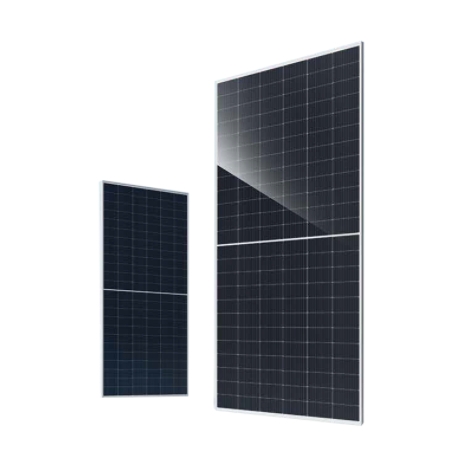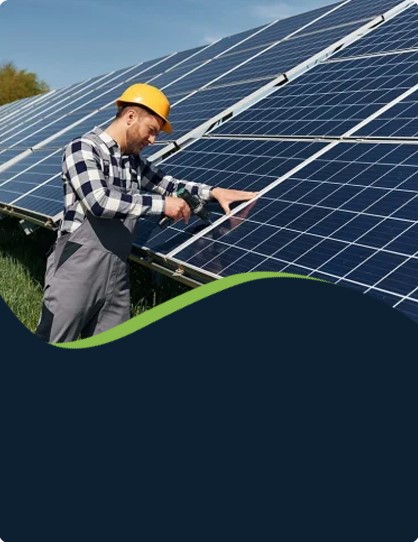
-
[email protected]

-
Building 1, No. 21 Shengfa Road, Lucheng District, Wenzhou, Zhejiang, China


As the world increasingly seeks sustainable and clean energy solutions, PV panels have emerged as a crucial technology in the transition to renewable energy. These panels, which convert sunlight directly into electricity, are becoming more prevalent in both residential and commercial settings, offering a reliable and eco-friendly alternative to traditional energy sources.
PV panels are designed to harness the power of the sun, providing a sustainable and renewable source of electricity. They are typically composed of multiple layers of semiconductor materials, which generate an electric current when exposed to sunlight. This technology allows for the production of electricity without the need for fossil fuels, reducing greenhouse gas emissions and contributing to a cleaner environment.
One of the primary benefits of PV panels is their ability to generate electricity without producing harmful emissions. Unlike traditional power plants that rely on coal, oil, or natural gas, PV panels produce electricity through a clean and renewable process. This makes them an attractive option for reducing carbon footprints and combating climate change.
The efficiency of PV panels has been steadily improving, making them more effective at converting sunlight into electricity. Modern PV panels are designed to use energy capture, even in less-than-ideal lighting conditions. This advancement ensures that they can generate a significant amount of electricity throughout the day, providing a reliable source of power for homes and businesses.
The market for PV panels is expanding rapidly as more people recognize their potential for reducing energy costs and environmental impact. Homeowners are increasingly installing PV panels on their rooftops to generate electricity for their homes, reducing their reliance on the grid. Similarly, businesses are adopting PV technology to power their operations, lowering energy costs and enhancing their sustainability profiles.
Innovations in PV panel technology are pilot to further improvements in performance and affordability. Research and development efforts are focused on increasing the efficiency of PV panels while reducing their cost of production. This progress is making PV technology more accessible to a wider range of consumers and businesses.
Moreover, the environmental impact of PV panels is being addressed through efforts to develop more sustainable production methods. The focus on using eco-friendly materials and reducing waste is a crucial step towards creating a more sustainable energy industry. This is particularly important for consumers and industries that are increasingly conscious of the environmental impact of their energy choices.
As the demand for clean and renewable energy continues to grow, PV panels are set to play a vital role in meeting these needs. From providing a sustainable source of electricity to reducing greenhouse gas emissions, PV panels offer a comprehensive solution for modern energy challenges. With ongoing improvements and innovations, the future of PV panels looks promising, contributing to a more efficient and sustainable energy landscape.
PV panels are emerging as a crucial component in the transition to renewable energy. Their unique blend of sustainability, efficiency, and reliability makes them an ideal choice for both residential and commercial applications. As the industry continues to innovate and improve this technology, PV panels are poised to become an even more integral part of the energy solution, ensuring a cleaner and more sustainable future.
Your email address will not be published. Required field are marked*
